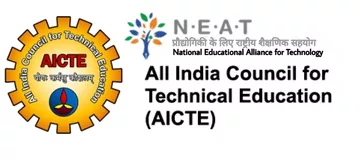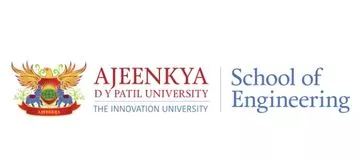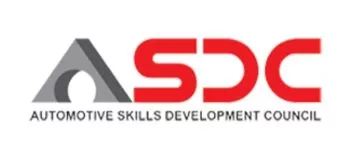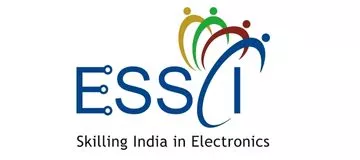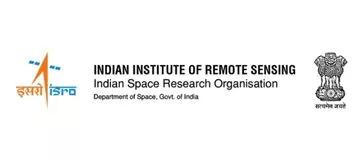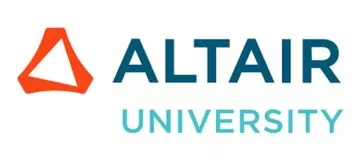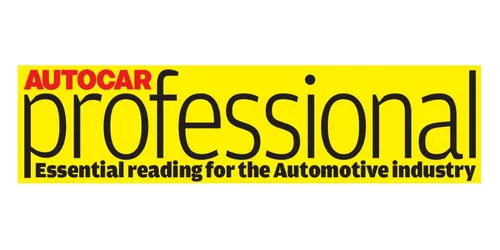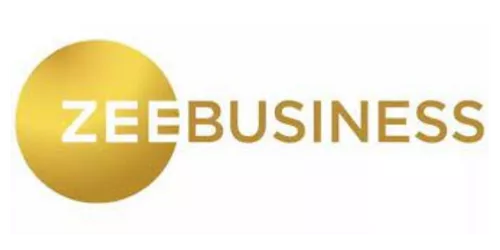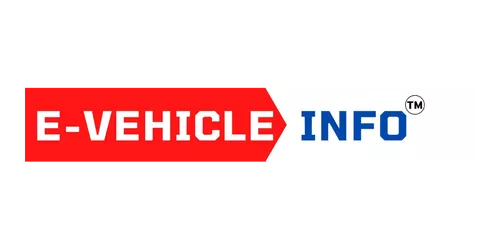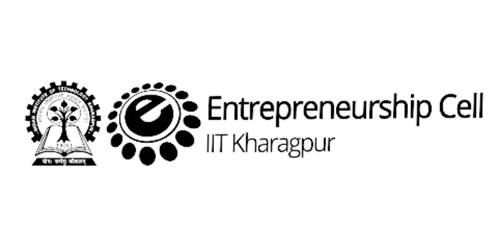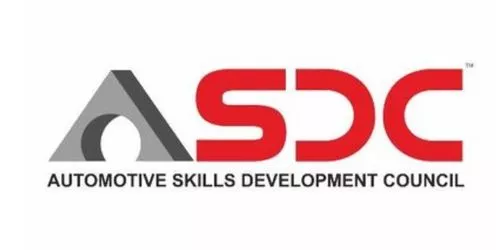Electric Vehicle Advanced System Integration Certification Program
Program Fee:
₹10,000.00 ₹4,500.00
Need help in selecting the right program? Talk to our counselor!
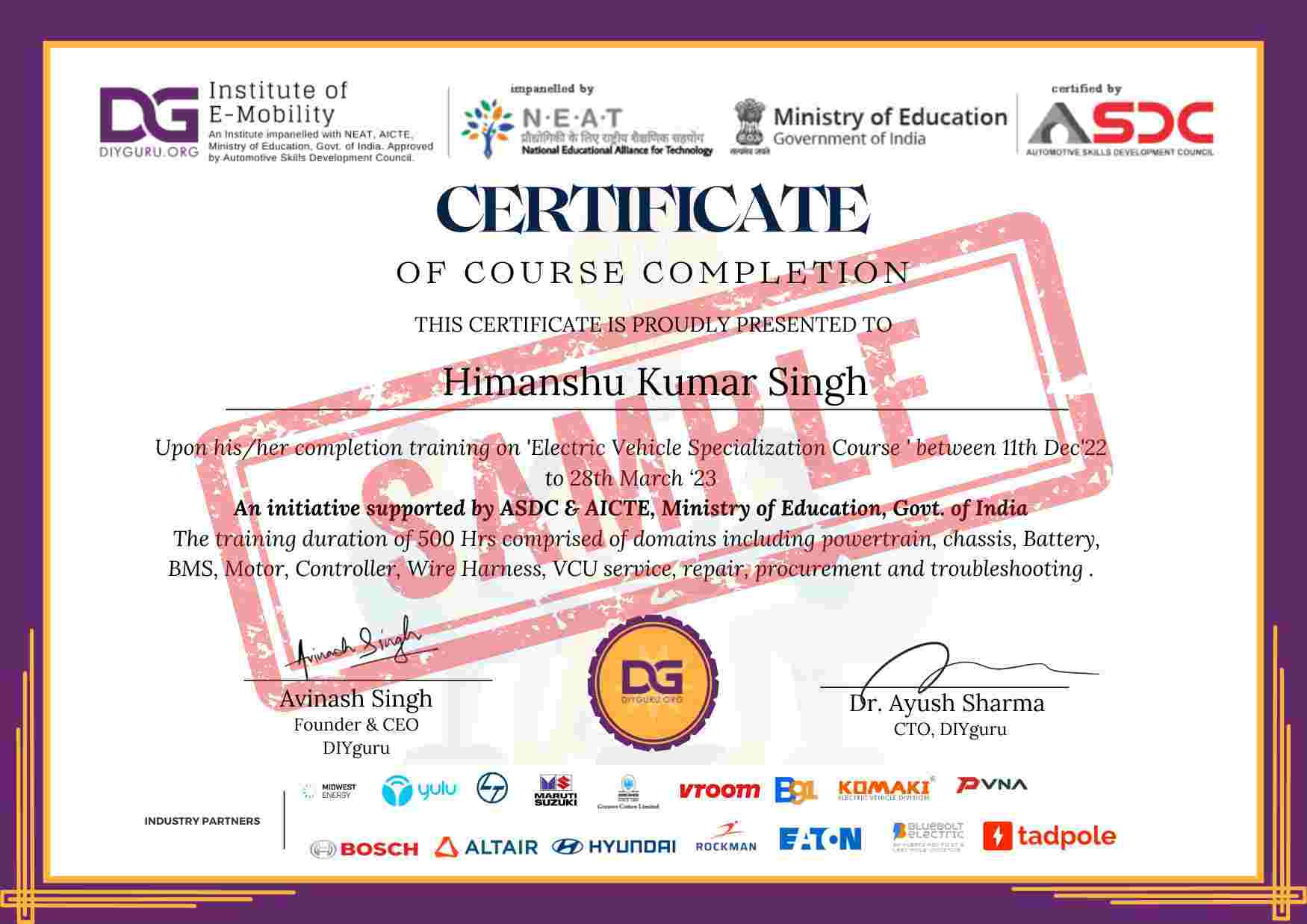
Sample certificate
Global Verified Certificate
Certified by ASDC, Automotive Skills Development Council & NEAT, AICTE, All India Council for Technical Education, Govt. of India
About Electric Vehicle Advanced System Integration
The objective of this course of electric vehicle advanced system integration is to provide an overview of Electric Vehicle Integration aspects in the context of using existing mature technologies from other domains into the automotive products. The students will be introduced to the concepts and terminology, the global best practices in virtual model-based development, electric vehicle system and sub-system working principles, systems engineering and basics of control systems specific to electric vehicles.
Upon completion of this course, trainees should be able to follow the literature on these subjects and perform independent design, research and development work in this field applying systems engineering approach. Using the virtual models, they can build themselves, they will be able to draw meaningful inferences and provide actionable recommendations using virtual simulations. They will know the limitations and strengths of the various virtual modelling techniques and the understanding of where to apply which technique for best results.
Finally, the trainees will be made aware of the influence of variation in customer usage behaviour on product engineering and how to translate them from measured data. They will understand the various other dependencies of electric vehicles on the infrastructure and policy framework prevalent in the country. All of this will help them more rounded decisions and robust decisions.
6 Months Access
20+ Hrs Lectures
Self-Paced Learning
100% Online Program
Pre-recorded Sessions + Weekly Doubt Sessions + Live Practice Sessions (Opt.)
Software Tools for Electric Vehicle Advanced System Integration
Learning Outcomes
Understand the importance of sub-systems in an electric vehicle
Understanding the basics of controls integration
System modelling and simulation in terms of electric vehicle system
Understanding how 1-D system modelling tools work
Learnings about infrastructure dependencies in electric vehicle
Understanding customer usage behaviors
Hands-on practice system modelling in Excel and Scilab
How to draw inferences from virtual simulation results
Apply Here
[gravityform id=”20″ title=”false” description=”false” ajax=”true”]
Syllabus for Electric Vehicle Advanced System Integration
EV Technologies & Integration Aspects
In this section you will learn about electric vehicle sub-systems, Induction Machines like motors and generators, energy storage batteries, charging and regeneration, power electronics, and vehicle system and dynamics.
EV System Modelling & Simulation
In this section you will learn about System modelling techniques & approaches, Physics-based (first principle) modelling, Data based modelling, RCA & FMEA, Setting up a real-life problem in simulation, and Managing model fidelity, accuracy & utility.
In this section you will learn about Basics of control systems, Open-loop control, Closed-loop control, Predictive & adaptive control, Battery management systems, Energy management systems, Other control system interfaces, and Functional safety.
In this section you will learn about Charging & grid liability, Charging protocols & safety, Renewable energy – cyclicity & load balancing, and Telematics & connected vehicles.
Customer Usage Patterns (Individual & Fleet)
In this section you will learn about Legacy customers of IC engine-based vehicles, First-time buyer – directly electric vehicles, Customer clinics to vehicle technical specifications, and Data collection & analysis.
Eligibility Criteria
- Diploma/B. Tech. in Mechanical/ Automobile/ Electrical/ Electronics Engineering and similar traits
- Electric Vehicle Consultants
- Electric Vehicle Entrepreneours
- Electric Vehicle OEM’s
- Any automobile enthusiast who is willing to change his/her field in electric vehicle sector.
Technical Requirements
- Computer/ Laptop will provide you with the best experience, but this program is quite compatible with smartphones to make it feasible for students worldwide.
- High-speed internet for crystal clear experience, but this program can also run without buffering with below-average connectivity for reaching out to students from suburban and rural areas.
- A student should make their notes for future reference.
- A student should have basic knowledge about high-school Maths, Physics and Chemistry.
- A student should have a compatible computer for Scilab/MATLAB software so that they can practice with the progress of the course.
Competency Certificate for Electric Vehicle Advanced System Integration
DIYguru will feel proud to awards the certificate of competency in ‘Electric Vehicle Advanced System Integration’ to only those aspirants who have 100% completed their online module.
DIYguru proficiency Certificate is highly valuable by industry giants, namely Robert Bosch; Maruti Suzuki; Hyundai Motors, are the name of few, which is why DIYguru earned certificates are secured with a unique certificate ID. To check the validation of the certificate, check out the footer section of the home page.
Certificate provided to you is an online certificate, which means there is no need to download, after completion of the course, aspirants are requested to check their profile to view their earned certificate. In case the certificate is not issued feel free to write us at certificate@diyguru.org, our team will help you out.

FAQ
[sp_easyaccordion id=”18442″]
Learners love DIYguru
Here’s what some of our 40,000+ satisfied learners have to say about studying with DIYguru Team.

"Very informative course, high quality in terms of quizzes and assignments, liked the project at the end of the course. Oh, and great support. Can recommend this one to my friends and colleaugues. Being the very first player in EV industry, DIYguru has been crucial to the EV ecosystem development in india"

"I have known DIYguru since 2013 when the first version Autosports india was launched and in last 6-8 years the platform has emerged as the leading maker's learning platform in india. Form me the team behind DIYguru has been the best support all through the journey after Bachelors till my master's"
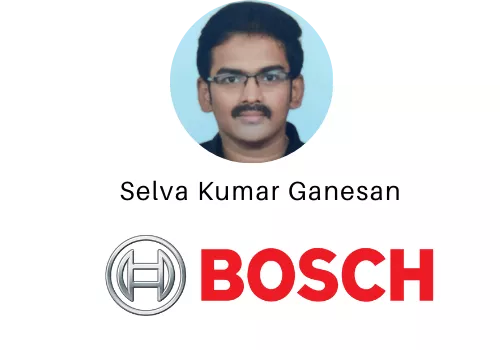
"Some of the best customer service I've ever seen. Great platform for mechanical and electrical engineers to learn EV!"

"This is truly a 5 star experience for youngsters in india! keen to learn about EV Technology"
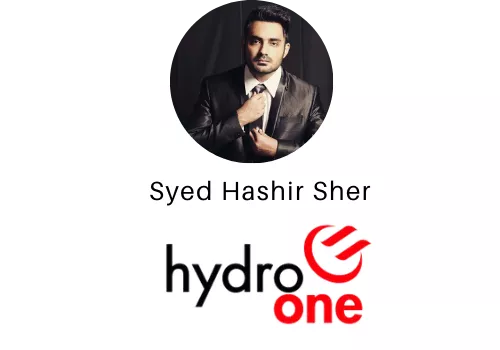
"The platform has helped me personally to build my career in renewable energy in Canada. Hope to see DIYguru in Canada soon. Five stars!"

"liked the course with wide range of calculations in EV, all tutors are very supportive."

"Automotive design with incredible knowledgebase in terms of support from Baja Tutor community of DIYguru is wonderful experience. Documentation on the web is also good. "
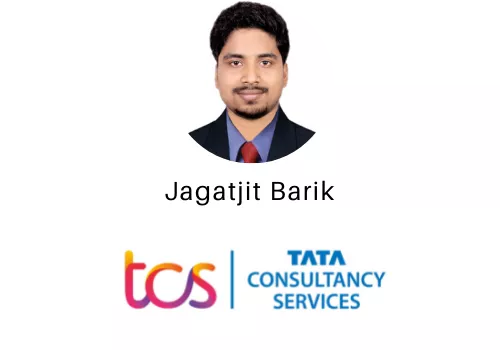
"Amazing content and great support from DIYguru community"
Featured In - Media Spotlight
Awards and Recognitions
Over 1.2 Million+ learners impacted worldwide
Learners from 170+ countries have grown in their career through our programs
Get in touch to learn more about how you can make the best of your talent
Spend less time worrying about job availability, and more time growing your knowledge. Join DIYguru Program today.
If you’re a current student, please get in touch through the DIYguru dashboard to ask about more details of this Program.
Please note, eligibility for this course is reserved to students who have done related projects and have relevant profiles matching with the pre-requisite of this course.
The DIYguru team hold the right to cancel your admisssion into the program without any explanation via email if found unsuitable and unfit.
Our 7-day money-back guarantee starts from the moment of signup and runs through the free week. Cancellations between days 7 and 30 will get a prorated refund.
Fees for the program is charged only when the admission is approved.


